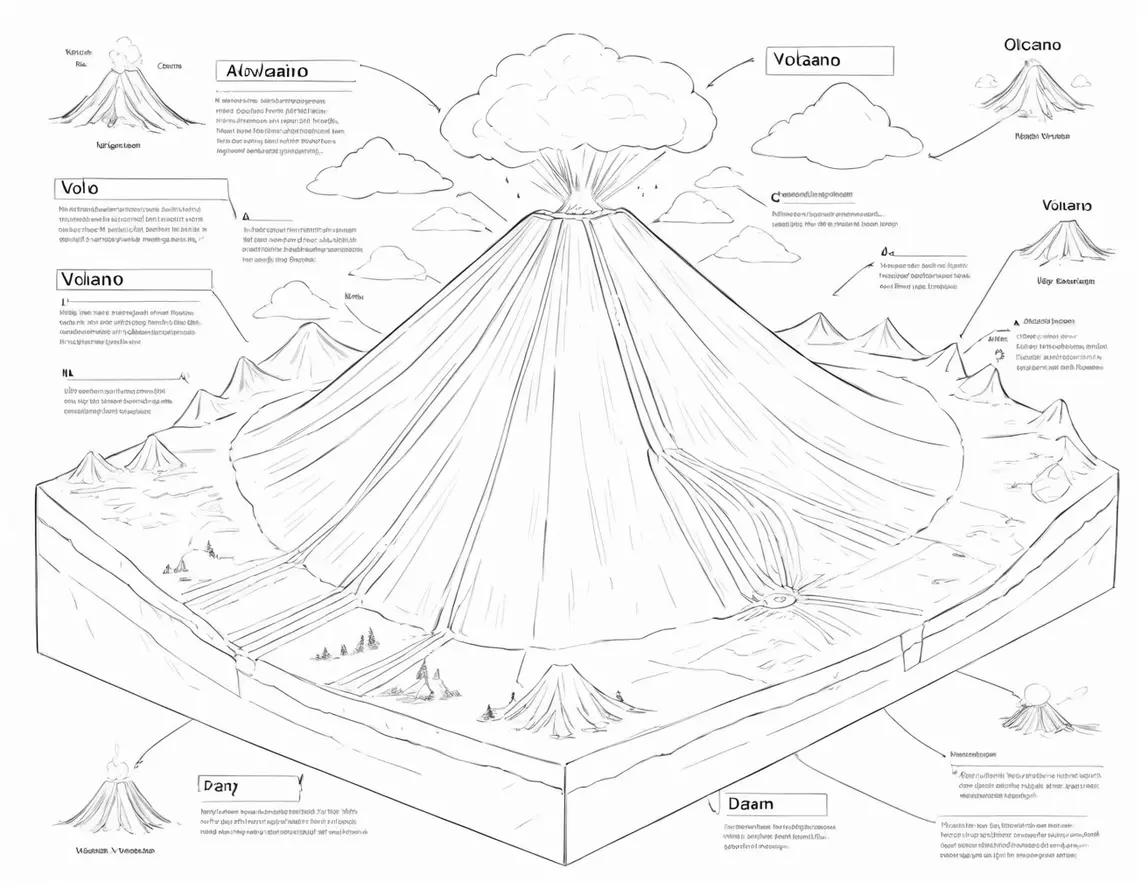
Definition:
Scientists use the scientific method, which is a systematic, evidence-based approach, to investigate natural phenomena, find answers, and develop a better understanding of the world. It involves a series of steps designed to ensure objectivity, reliability, and reproducibility in scientific inquiry.
Key Steps in the Scientific Process:
- Observation:
Definition: The process begins with careful observation of the natural world, identifying a phenomenon or question that piques scientific curiosity.
Example: Noticing a pattern in plant growth under varying light conditions.
- Question Formulation:
Definition: Scientists formulate specific, testable questions based on their observations, guiding the direction of their research.
Example: “How does varying light intensity affect the growth rate of plants?”
- Hypothesis Development:
Definition: A hypothesis is a testable and falsifiable statement predicting the outcome of an experiment.
Example: “If plants receive higher light intensity, then their growth rate will increase.”
- Experimentation:
Definition: Design and conduct experiments to test the hypothesis, collecting data through systematic observations and measurements.
Example: Conducting controlled experiments with different light intensities and measuring plant growth.
- Data Analysis:
Definition: Analyze and interpret the collected data using statistical methods to draw meaningful conclusions.
Example: Comparing growth rates under different light conditions and identifying trends.
- Conclusion Drawing:
Definition: Based on the data analysis, draw conclusions regarding the validity of the hypothesis and the implications of the findings.
Example: determining whether increased light intensity correlates with increased plant growth.
- Peer Review:
Definition: Submit findings for peer review, allowing other scientists to evaluate and validate the study’s methodology and results.
Importance: Peer review ensures the reliability and accuracy of scientific research.
- Publication:
Definition: If accepted through peer review, the study is published in scientific journals, contributing to the collective body of scientific knowledge.
The Iterative Nature of Science: Continuous Exploration:
Definition: Science is an iterative process where new discoveries and questions emerge, leading to further cycles of observation, questioning, and experimentation.
Example: Discovering a new aspect of plant physiology through the initial experiment may lead to new questions and further exploration.
Ethics in Scientific Research:
Responsible Conduct: Scientists adhere to ethical principles, ensuring the humane treatment of subjects, honesty in reporting results, and the responsible use of resources.
Importance: Ethical conduct is fundamental to maintaining the integrity and trustworthiness of scientific research.
Practical Applications:
Technological Advancements:
Example: Scientific processes underpin technological breakthroughs, from medical innovations to advancements in renewable energy.
Problem-Solving in Society:
Example: Applying the scientific process to address real-world problems, such as developing solutions for environmental challenges.


















